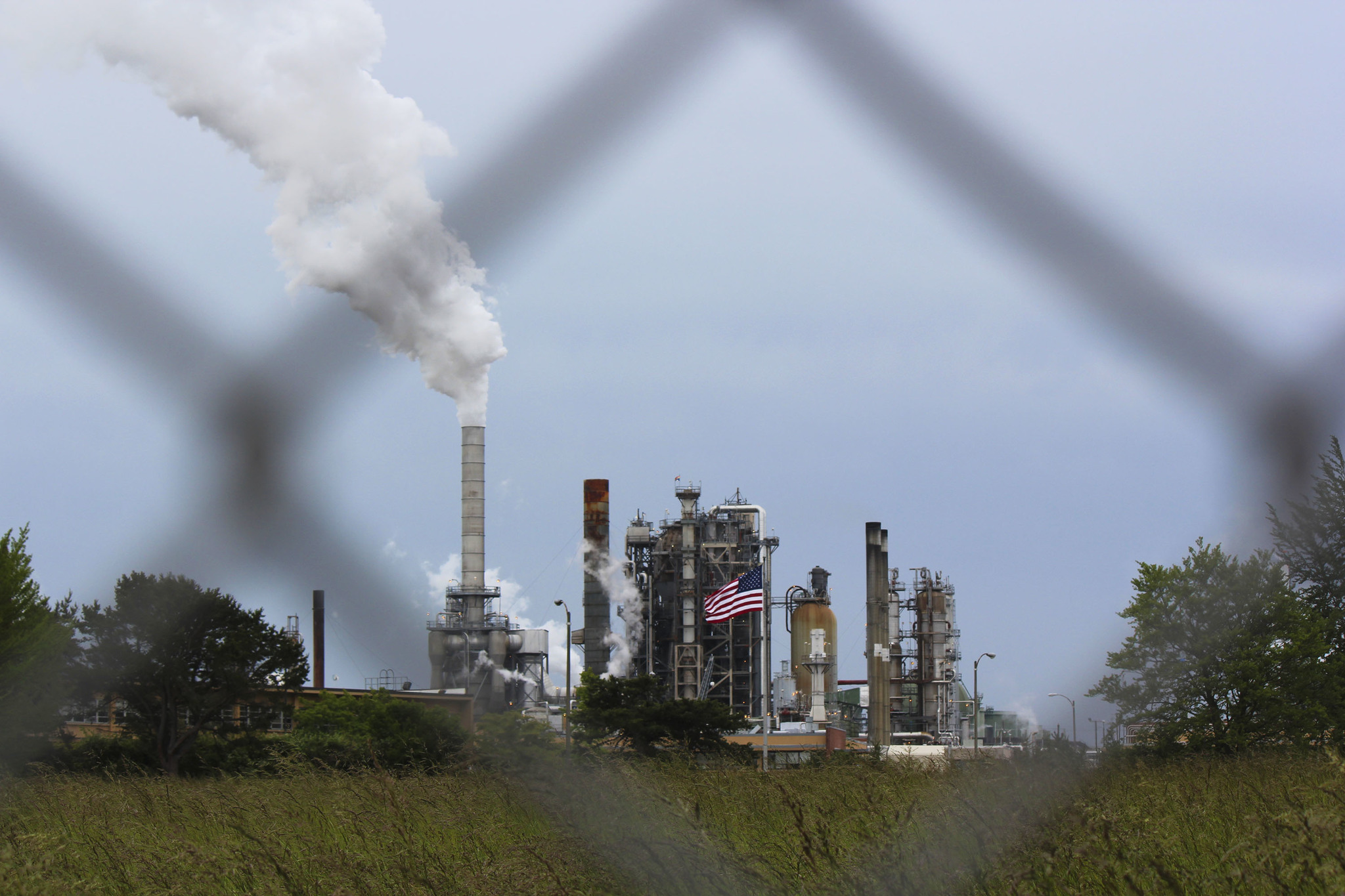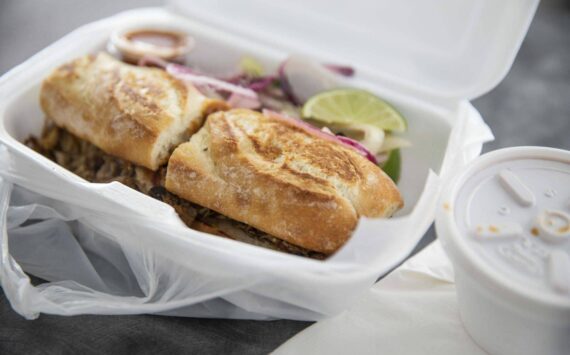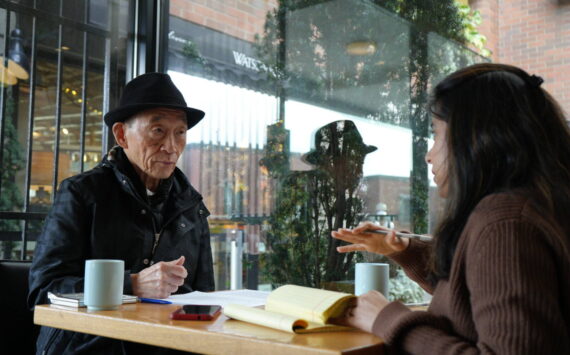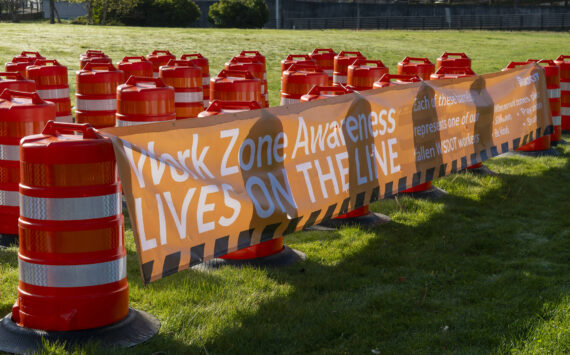After withdrawing its proposed carbon emissions rule in late February — prompting the kid plaintiffs who sued the state of Washington over failure to act on climate change to go back to court — the Department of Ecology has officially released a second draft.
“Climate change is the most significant environmental issue of our lifetime,” said Sarah Rees, Ecology’s special assistant on climate change policy, “and governments need to act now to protect what we have today for future generations.”
This version is expressly designed to incorporate concerns from stakeholders, including businesses and other major polluters that would be directly affected by the rule. “Considerations for Washington manufacturers whose products are sensitive to global pricing” was among the justifications for the February withdrawal; in a June 1 statement, Ecology said this new draft “incorporat[es] mechanisms to ensure emissions are reduced while supporting business growth.”
Needless to say, therefore, the kids are not too pleased.
“This February they withdrew the rule due to ‘stakeholder input,’” 13-year-old Plant for the Planet president Gabe Mandell wrote in an op-ed published on Huffington Post. “It wasn’t our input, and aren’t we children the real stakeholders here? After all, it’s our future hanging in the balance.”
Ecology’s new rule would require organizations responsible for a significant percentage of the state’s greenhouse gases to prove every three years that they are cutting their emissions by an average of 1.7 percent per year. That means that by 2035, the state would be moving toward its goal of 25 percent reduction in emissions below 1990 levels, but it wouldn’t get there by this rule alone. Same goes for the state’s goal of 50 percent reduction by 2050. Meanwhile, the kid plaintiffs and their attorney have argued that the latest climate predictions should put our goal at 80 percent.
In other words, so far, the draft rule doesn’t mandate that we meet state goals and doesn’t meet the goals of the most recent science, either.
That, according to the Western Environmental Law Center and attorney Andrea Rodgers, is a betrayal that “fails the children of Washington.” A reduction of “a mere 1.7 percent annually” is “based on outdated emissions data … completely disregarding current science that would put Washington on a path toward climate stability.” Judge Hollis Hill ruled in late April in favor of the plaintiffs, ordering Ecology to both finalize its carbon rule by the end of 2016, and to make additional policy recommendations to the 2017 legislature based on what the latest climate science says about greenhouse gas limits. (This is required by a 2008 law.)
Still, some environmentalists are cautiously optimistic about the new draft. “While there remains more work to do to craft the strongest possible rule,” said Climate Solutions Washington director Vlad Gutman in a statement, “the Department of Ecology and Governor Jay Inslee made a number of improvements over previous proposals,” including the elimination of loopholes that might have allowed the biggest emitters to double-count their carbon offsets.
Business leaders are cautious, too. Association of Washington Business president Kris Johnson told reporters that AWB was pleased with some of the revisions, but remains skeptical of the negative economic impacts of this kind of regulation. It “sends the wrong signal to businesses,” he said, “by driving up energy costs for employers and families.”
At a coal-export terminal hearing in Longview last week, teen plaintiff Aji Piper spoke at the climate activists’ rally, encouraging everyone to call Governor Inslee’s office and demand that this new rule utilize — and he leaned into the mic, speaking slowly and deliberately — “the best available climate science.”
Mandell has also called on Governor Inslee to help usher this thing through. “Here’s the chance to get the numbers right and lead other states to do what is needed to stop climate change,” he wrote. “Now is the time to act, Gov. Inslee. We are counting on you.”
Ecology is hosting several public hearings and webinars in June and July, and anyone can comment online or via email on the draft rule until July 22. The final rule is expected to take effect next January.








